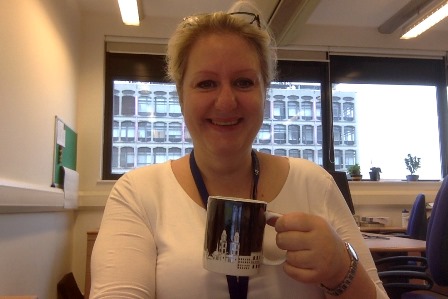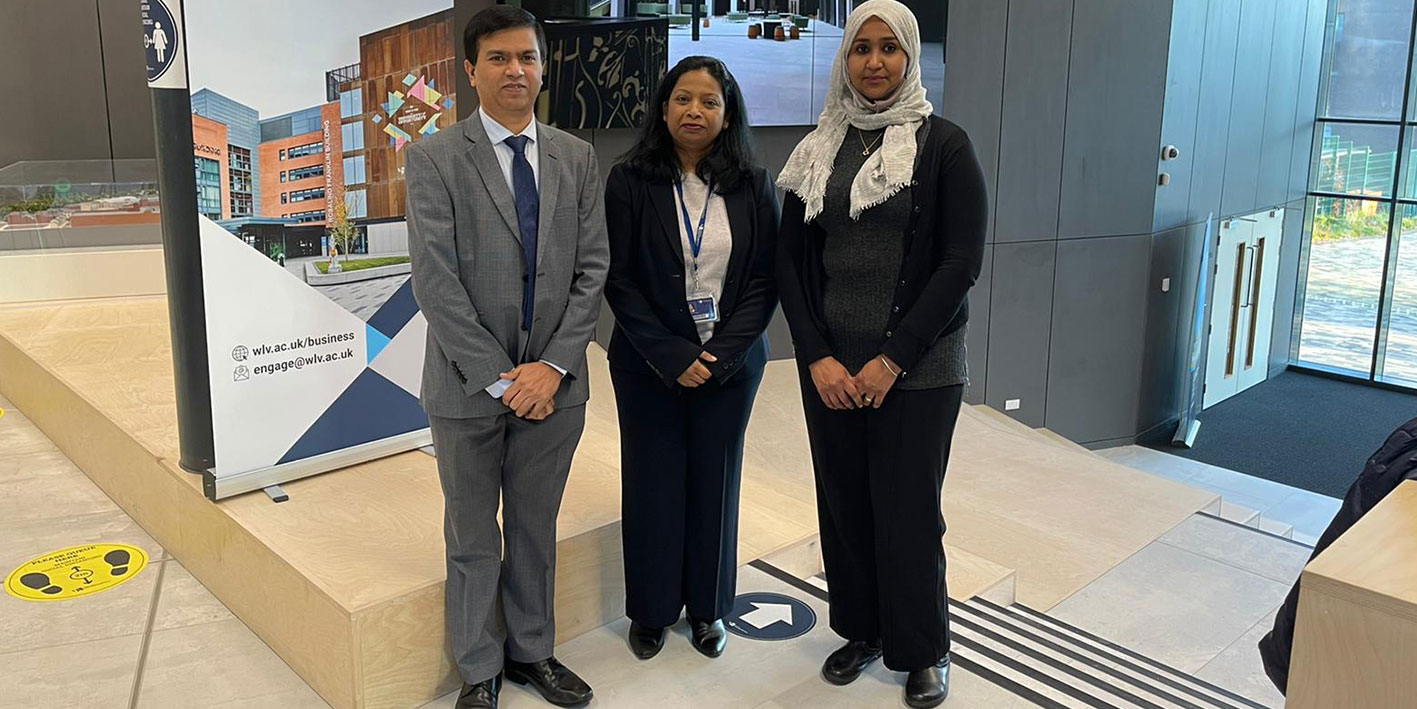
Students learn to ‘code’ human emotions
A psychologist is transforming the way students interpret facial expressions and emotions as part of a course at the University of Wolverhampton.
Lecturer Dr Tracey Platt is a certified coder and trainer of the Facial Action Coding System (FACS), which is a tool for measuring facial expressions.

Pioneered in 1978 by Drs Paul Ekman and Wallace Friesen and used around the world by psychologists, counsellors, crime investigators and animators, FACS is a system for describing all observable facial movement.
It enables coders to assess aspects such as whether a smile is ‘insincere and voluntary’ or ‘sincere and involuntary’ by looking at the muscles used.
Now students at the University’s Faculty of Education, Health and Wellbeing are learning the system for the first time.
Dr Platt said: “FACS has many applications as it is all about understanding communication and emotions. As I’m a certified trainer, our students can now choose to learn the system at the University and use it as a research tool within their final year projects.
“One of the students who learnt it is doing a counselling doctorate investigating whether Counsellors have an increase in their ability to empathise with patients by seeing whether they can understand the emotional facial expressions of people with gelotophobia [a fear of being laughed at], which were coded by FACS coders.
“Even if students do not use this in a scientific research capacity, it will give them a deeper level of understanding of emotions and improve their own ability to communicate effectively.”
Dr Platt has also contributed an article to the latest edition of ‘What the Face Reveals’ by Dr Paul Ekman and Dr Erika Rosenburg. Dr Ekman is ranked among the top 100 most eminent psychologists of all time.
For more information about studying Psychology at the University of Wolverhampton, visit: https://www.wlv.ac.uk/about-us/our-schools-and-institutes/faculty-of-education-health-and-wellbeing/institute-of-sport-and-human-sciences/study-psychology/
Further information
For more information please contact the Media Relations Office on 01902 32 2736 or 01902 518647.
Date Issued: Tuesday, 28 November 2017
For more information please contact the Corporate Communications Team.


/prod01/wlvacuk/media/departments/digital-content-and-communications/images-2024/240328-Varsity-Line-Up-Resized.jpg)
/prod01/wlvacuk/media/departments/digital-content-and-communications/images-18-19/220325-Engineers_teach_thumbail.jpg)
/prod01/wlvacuk/media/departments/digital-content-and-communications/images-2024/240423-Additive-Research-Centre-Launched.jpg)
/prod01/wlvacuk/media/departments/digital-content-and-communications/images-2024/240320-Uzbekistan-Resized.jpg)
/prod01/wlvacuk/media/departments/digital-content-and-communications/images-2024/240229-The-Link-Resized.jpg)
/prod01/wlvacuk/media/departments/digital-content-and-communications/images-2024/240423-Arts-Connect-Resized.jpg)

